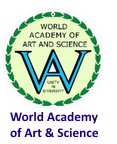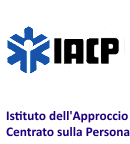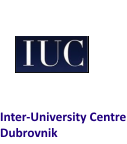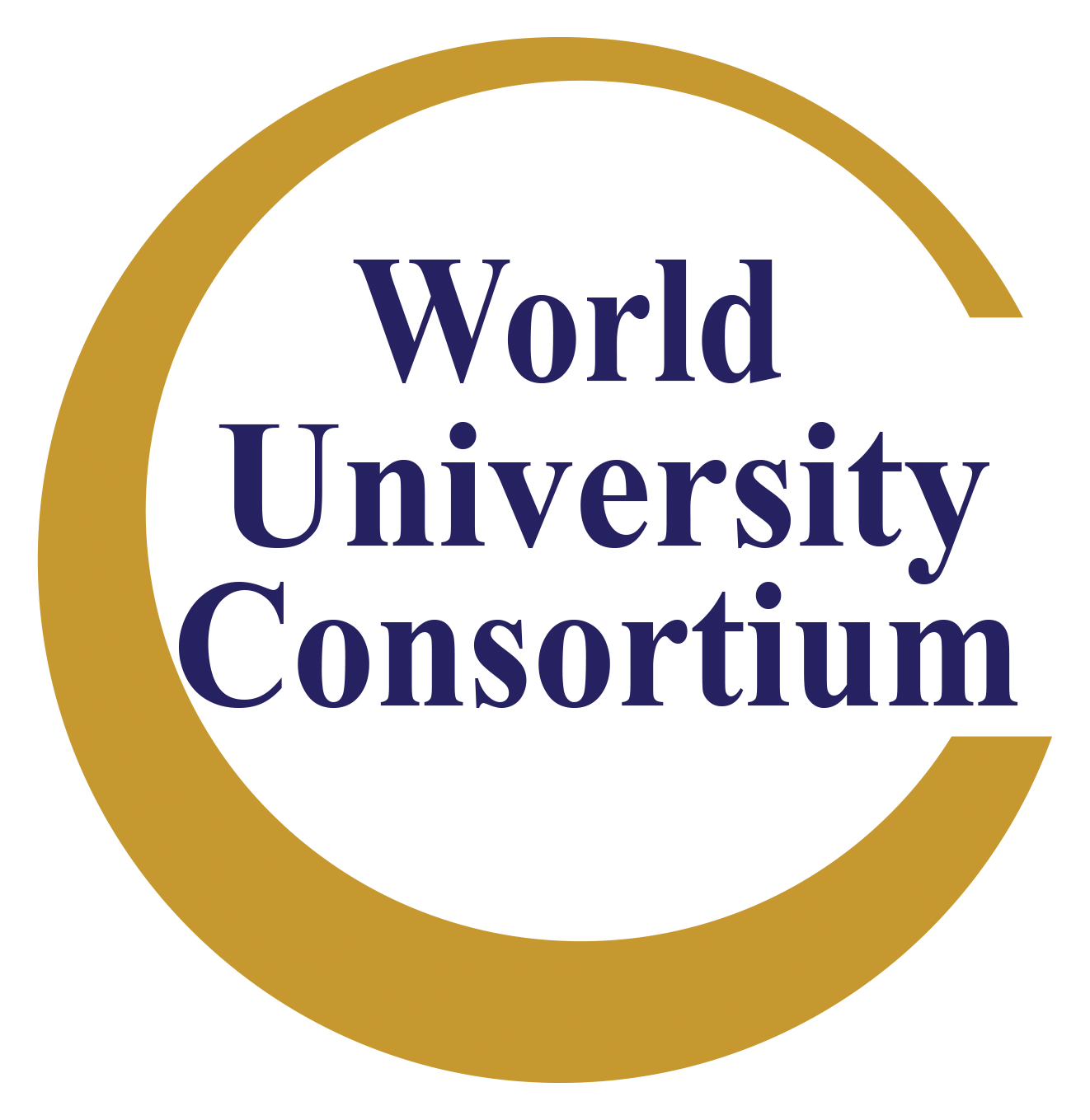 |
 |
 |
 |
 |
 |
Post-Graduate Certificate Course in
Essence of Effective Leadership
March 31-April 3, 2015, Inter-University Centre, Dubrovnik, Croatia
A Post-Graduate Certificate Course in Essence of Effective Leadership was conducted by the World Academy of Art & Science, the World University Consortium, The Mother’s Service Society, Person-Centered Approach Institute, Dag Hammarskjöld University College of International Relations and Diplomacy and Inter-University Centre, Dubrovnik, Croatia from March 31 to April 3, 2015 at Inter-University Centre, Dubrovnik, Croatia.
This course explored the characteristics common to leaders in business, politics, civil society, science, arts, professions and education and examined methods by which these characteristics can be consciously developed by individuals. The presentations consist of theory, practical strategies, and a wide range of examples drawn from biography, history, management, and literature from movies illustrating the principles under discussion. Apart from the presentations, our faculty interacted with participants to bring home the theoretical significance and practical relevance of the material.
| Introduction | |
| Process of Leadership – Energy Conversion | |
| The WAAS-WUC course on Individuality and Accomplishment examined the central role of human energy as the fuel and motive power for psychological and social achievement, personal growth and development. Effective leaders of all descriptions release and apply human energy in pursuit of higher values, break-through ideas, new social attitudes, founding new institutions, creating new ways of life, new commercial products, processes and art forms. This process takes place at the psychological level within the leader and at the social level in the leader’s relationship with the world around. | |
|
a |
How do dynamic leaders awaken and generate human social energy in pursuit of new and higher values, ideas, goals and ways of life? |
|
b |
How do dynamic leaders direct and focus individual, organizational and social energies to achieve high or previously unachieved goals? |
|
c |
How do dynamic leaders convert human energy into effective power through organizational mechanisms without stifling or subverting it? |
| Transformational Leadership | |
| A new paradigm requires a new type of leadership with different values, a different type of comprehensive, different attitudes, motives and endowments, and a different way of relating to other people and the world around. | |
|
a |
What are the characteristics of transformational leadership and how can they be acquired by a new generation of leaders? |
|
b |
What type of comprehension does the transformational leader possess and how people acquire it? |
|
c |
How does the transformation leader relate to people and the world around? |
|
d |
What values should the transformational leader possess and how can the leader motivate others to accept them? |
|
e |
How do transformational leaders inspire themselves and inspire others? |
| Mind of the Leader | |
| Creative leaders think differently. Great scientific discoveries have come from reconciling and unifying apparent opposite or independent phenomena. Great political achievements such as FDR’s New Deal, the founding of the UN and EU have been based on the harmonization and reconciliation of apparently irreconcilable interests. | |
|
a |
How do effective leaders overcome the bias and limitations imposed by the social construction of knowledge? |
|
b |
What is social intelligence and how do effective leaders acquire it? |
|
c |
How do effective leaders develop the capacity to think more rationally, objectively, originally and creatively? |
|
d |
By what mental processes or perspective do leaders find ways to reconcile and harmonize apparently opposite and irreconcilable forces, demands and expectations? |
| Leading Through Values | |
| The work of WAAS confirms that a human-centered development Paradigm will necessarily be founded of new or more universal values which promote values to maximize human welfare and well-being, including freedom, inclusivity and sustainability. | |
|
a |
What is the role of values in effective leadership? |
|
b |
What change in values will be most central to the evolution toward a human-centered paradigm and how can that change of values be brought about? |
|
c |
How do effective leaders promote the acceptance of higher values in their work and inspire others to embrace them? |
|
d |
How do effective leaders demonstrate, communicate and implement higher values? |
|
e |
By what process are higher values translated from utopian ideals into practical standards in organizations and society-at-large? |
| Organization | |
| The effectiveness of leaders depends on their capacity to direct, channel and control the actions of many people in an organized manner pursuit of common aims. Regardless of whether that action is through an informal social movement or a formal political, commercial, educational or civil society institution, the capacity to effectively organize people is essential. | |
|
a |
How do effective leaders balance and reconcile the need for organizational authority, rules, systems, standards and procedures with the need for freedom and delegation of authority to maximize individual initiative, innovation and creativity? |
|
b |
How do professional leaders harness the power of impersonal organization to convert personal intentions into results? |
|
c |
How do leaders effectively empower others to maximize achievements? |
|
d |
How can organizations acquire the characteristics? |
| Leadership in Thought | |
| Original thinkers are leaders in thought unbound by prevailing ideas, beliefs and perspectives. Their capacity to think outside the box opens the minds and widens the perspectives of other people. They see the whole which is greater than the sum of its parts. They adapt a holistic, systemic or integrated approach that discovers commonalty and relationship where others see only distinctions and differences. Their intellectual contributions unify phenomena that were previously thought to be mutual exclusive contradictions. | |
|
a |
How do original thinkers transcend the common boundaries imposed by conventional thought? |
|
b |
By what mental processes do leaders in thinkers synthesize and unify apparently disparate aspects of knowledge? |
|
c |
What application might these thought processes have on the development of transformation leaders? |
|
d |
How can the capacity to take an opposite point of view be applied by leaders to address social problems? |
|
e |
How can these processes be taught? |
|
f |
What criteria can we recognize people with potential for originality and genius? |
| Social Insight and Future Vision | |
| Visionary leaders conceive and work for the realization of new possibilities as Jean Monnet worked for the unification of Europe and Steve Jobs perceived the potential for developing user-friendly technology catering to human needs. Effective leaders not only imagine what others do not see, but are able to tune-in to what society subconsciously aspires for, often without knowing it. | |
|
a |
What is the relationship between effective leaders and the social environment in which they operate? |
|
b |
How do leaders acquire the insight and intuition needed to navigate through a rapidly changing and increasingly complex world? |
|
c |
How do leaders tune in and respond to deeper social aspirations and emerging trends? |
|
d |
How do effective leaders communicate and inspire others to accept and act on their vision? |
|
e |
How do leaders negotiate balancing empathy and assertiveness? |
| Decision-making | |
| It has been said that decisions are the most important and difficult actions that leaders take. | |
|
a |
What personal characteristics of the leader determine their propensity for the useful application of power for public good? |
|
b |
How do effective leaders such as Gandhi & King acquire authority and exercise social power for high achievement? |
|
c |
How do effective leaders such as Gorbachev harness, redirect and channel existing centers of social power for new purposes and to achieve new or higher aims? |
|
d |
How do leaders influence people and events outside their direct sphere of authority? |
|
e |
What changes are needed in the way leaders use social power to promote progress toward a new paradigm? |
| Effective Leadership in International Organizations | |
| People-centered Leadership | |
| Leadership is a human process of understanding, communicating, motivating, empowering other human beings to more effectively act together toward common aims in a coordinated manner. | |
|
a |
How do effective leaders relate to, empower and motivate other people? |
|
b |
How do effective leaders built trust, confidence and commitment among those they lead? |
|
c |
How do effective leaders relate to their followers and subordinates? |
|
d |
How do effective leaders develop effective second level leadership? |
|
e |
What type of practices can be applied to promote effective leadership? |
| Social Power | |
| Social power is the capacity to achieve results in a social context. The sources of social power include exercise of legitimate legal or institutional authority, access to information, effective organization, and application of technology, money power, status, popularity and the extension of all these forms beyond their primary and authorized domains of influence. | |
|
a |
What personal characteristics of the leader determine their propensity for the useful application of power for public good? |
|
b |
How do effective leaders such as Gandhi & King acquire authority and exercise social power for high achievement? |
|
c |
How do effective leaders such as Gorbachev harness, redirect and channel existing centers of social power for new purposes and to achieve new or higher aims? |
|
d |
How do leaders influence people and events outside their direct sphere of authority? |
|
e |
What changes are needed in the way leaders use social power to promote progress toward a new paradigm? |
| Education for Leadership | |
| Education is humanity’s most advanced technology for conscious social evolution. In spite of the plethora of leadership courses offered by universities today, there are few signs that the next generation is endowed with the effective and transformational leaders needed to meet the pressing challenges confronting humanity. | |
|
a |
Can the capacities needed for transformational leadership be taught? |
|
b |
What changes are needed in the way we teach youth to think and the values imparted through existing institutions? |
|
c |
How can the essence of effective leadership be incorporated into the educational system? |
| Challenges and Opportunities | |
| It has often been noted that great leaders tend to appear only in times of great crisis and at other times we mourn their absence. It has also observed that great leaders display the ability to convert serious challenges into opportunities. | |
|
a |
Why is it that challenges seem to often bring out the best in great leaders people? |
|
b |
How to great leaders effectively utilize the pressure generated by challenging external circumstances? |
|
c |
How do great leaders self-impose internal challenges to simulate the pressure of external challenges? |
|
d |
How do adaptive leaders utilize and convert external challenges into opportunities? |
| Mikhail Gorbachev | |
| Special lecture on one of the most remarkable leaders of the 20th century by Alexander Likhotal, who served as Deputy Spokesman for Mr. Gorbachev during his tenure as President of the USSR and has remained an advisor to him since then. | |
| Disruptive Leadership | |
| Remixing ‘best practices’ will not be sufficient to bring about the qualitative shift and magnitude of change needed to move toward a new paradigm. A totally new type of truly disruptive leadership is required that acts as a binding force for all the components of the change system. | |
| Leadership in Thought That Leads to Action: Case Study WAAS: 2010-2015 | |
| History tells the story of remarkable individual leaders. Today we fail to find the quality out outstanding leaders required to address global challenges. Over the past century we have witnessed the proliferation of organizations with an increasing capacity to influence the course of human affairs, as the Club of Rome altered thinking on the environment. | |
|
a |
What role can organizations play in the evolution and emergence of a new human-centered paradigm conducive to peace, security and sustainability? |
|
b |
What might be the leadership characteristics of a “transformational organization”? |
|
c |
What steps can WAAS take to become an effective instrument for leadership in thought that leads to action at the global level? |
| Spiritual Leadership, Life-Knowledge & Wisdom | |
| Great leaders exhibit the capacity to respond with greater wisdom and maturity to the challenges they confront. Humanity looks to the thoughts and experiences of its greatest leaders as the principle source of what we call life-knowledge and wisdom. | |
|
a |
What characteristics of great leaders can be regarded as expressions of a life-knowledge or wisdom that transcends conventional common sense and organizational expediency? |
|
b |
What are the most important insights we can draw from the words and deeds of great leaders to deal more effectively with the challenging demands posed by leadership? |
